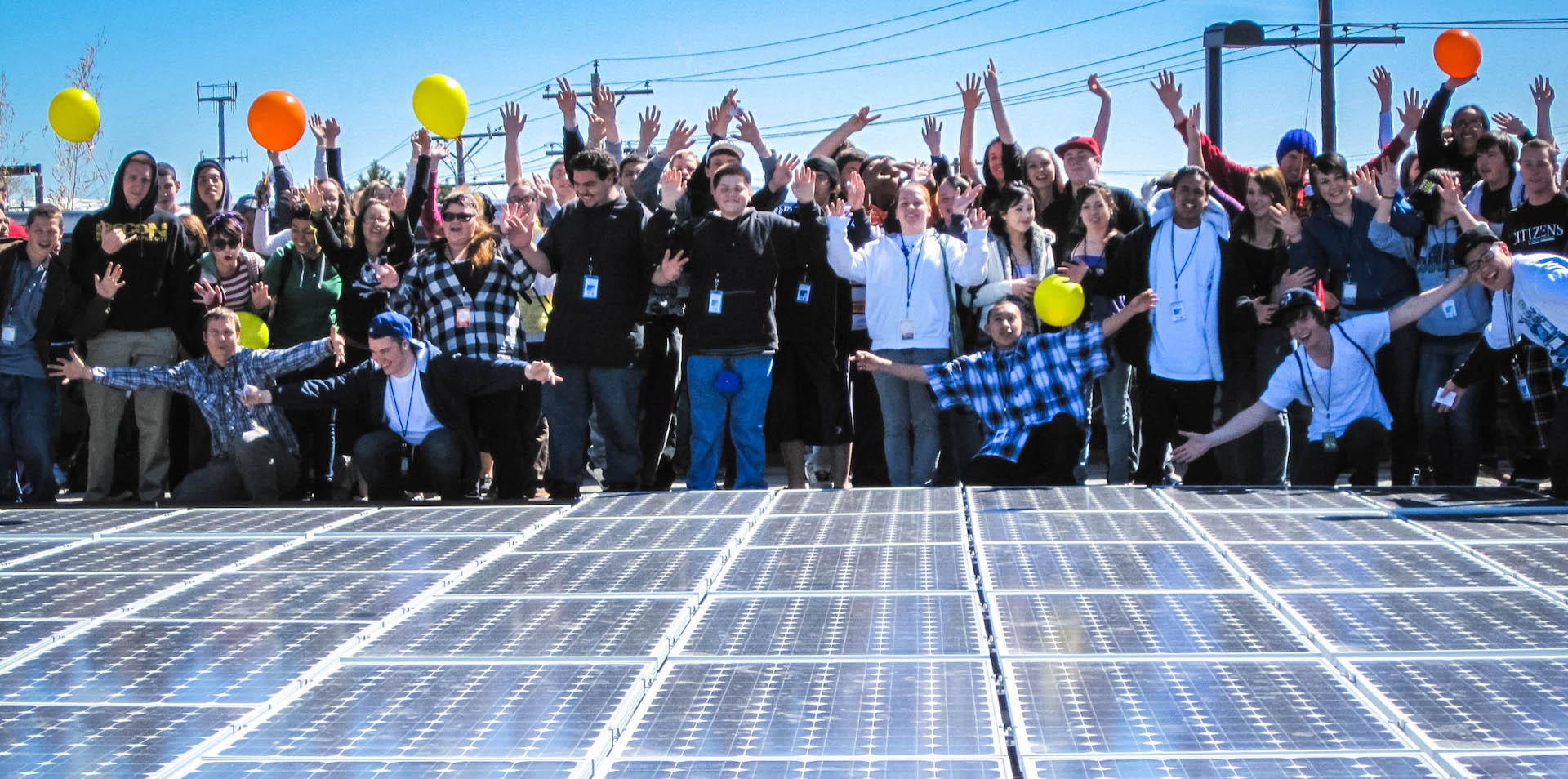Center to Improve Veteran Involvement in Care (CIVIC)
Veteran Community Engagement and Social Connection Needs After Inpatient Psychiatric Hospitalization
Written by Chris Larsen

Feeling down, having the blues, lost in a crowd; loneliness is a social pain. Over time, loneliness increases risk for serious medical conditions like dementia, schizophrenia, and depression and can cause thoughts of suicide. Feelings of loneliness among the general population are becoming more, not less, common, and pose significant risk to at risk groups like Veterans following inpatient psychiatric hospitalization. Active interventions developing social connectedness are necessary to protect recently hospitalized Veterans with limited social supports, but first, researchers must understand more about the specific needs Veterans have. Dr. Jason Chen and his team worked to categorize and describe social and interpersonal barriers like community access and confidence.
The work started by talking with… Veterans! They engaged CIVIC’s Veteran Engagement Group (VEG) throughout the research process for help modifying the interview guide and with analysis. Importantly, Dr. Chen was able to communicate with the publisher and secure authorship for the VEG on the eventual manuscript, “Veteran Community Engagement and Social Connection Needs Following Inpatient Psychiatric Hospitalization.” Avery Laliberte and Brandon Roth interviewed 30 Veterans, with assistance from Kate McDonald, within one-week of discharge from inpatient psychiatric hospitalization. In addition, Avery and Brandon supported formal analysis and writing and editing of drafts. Annabelle Rynerson and Sarah Rabin helped with transcription of the interviews and preliminary analysis. Dr. Ono led the qualitative analysis and writing of the results. Finally, Drs. Chen, Ono, and Dobscha supervised and assisted with the whole process.
Veterans reported common barriers to engagement such as a lack of social connectedness, lack of confidence, conflicting priorities, knowledge of opportunities, and negative expectations of an activity. There isn’t a one-size-fits-all solution for Veterans, as each individual will bring with them a unique background, set of interests, and personality. That being said, Dr. Chen “[doesn’t] believe community engagement interventions can only work in one place.” It’s more about creating a network and supporting Veteran’s participation in communities, “social connectedness [is] more than having support, but also giving back.”
With this is mind, Dr. Chen has started working on a new study which wants to curate a selection of activities and focuses on the involvement of peer specialists actively engaging with Veterans. This paper on connection needs following psychiatric hospitalization identifies structural and interpersonal problems facing Veterans, therefore community-based interventions focused on developing reciprocal connections is where Dr. Chen feels they have the most ability to make a difference. Provided they see success, Dr. Chen would love to expand these ideas beyond the Portland-metro area someday and hopes to keep “moving the needle on loneliness.”



















